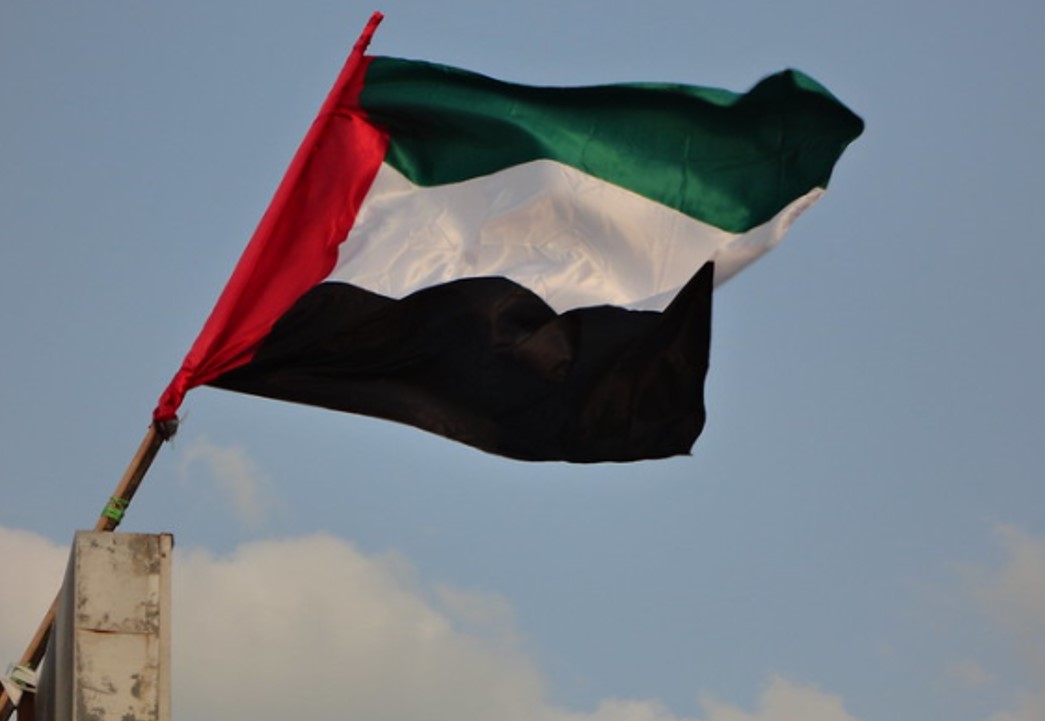June 17, 2020

Research by MENA Rights Group has revealed that the United Arab Emirates (UAE) authorities are using Munasaha centres, or ‘counselling’ centres, to detain critics and activists de facto indefinitely, on broad and vague legal grounds.
MENA Rights Group documented the cases of 11 individuals*, listed below, who are currently being detained at Al Razeen Munasaha centre, within the Al Razeen prison complex. The detainees were originally sentenced under security-related legislation in reprisal for exercising their rights to freedom of expression, opinion, and association. Each individual completed his prison sentence and was due to be released before being transferred to, and detained at, the Munasaha centre.
The findings of this research can be read in our report on the use of Munasaha centres in the UAE, in relation to which an allegation letter was submitted to the United Nations Special Rapporteur the promotion and protection of human rights and fundamental freedoms while countering terrorism on June 3, 2020.
Counterterrorism legislation
“Munasaha” means “counselling” in Arabic. Counter-Terrorism Law No. 7/2014 provides for the establishment of Munasaha centres as a place of detention for individuals deemed to pose a “terrorist threat”. In 2019, a law providing for the establishment of a National Munasaha Centre further clarified the mandate of the Munasaha centres, detailing that are also responsible for providing rehabilitation programmes to persons with “terrorist, extremist or deviant ideologies”.
Problematically, the definition of “terrorism threat”, relies on a vague definition of “terrorism” that lack legal clarity and fails to meet international standards. Under the Counter-Terrorism Law, opposition to the State, or non-allegiance with its leadership, is a terrorist offence. As a result, any individual who seems likely to criticise the authorities is at risk of being considered a terrorism threat.
Munasaha centres
According to local sources, all Munasaha centres currently in existence in the UAE are located within prison complexes. There is no evidence that the facilities and infrastructure of Munasaha centres differ from the prisons in which they are situated, nor that detainees are provided with effective counselling or access to rehabilitation programmes. Instead, detainees are occasionally subjected to the broadcasting of national songs or encouraged to record a confession and / or a renouncement of ideology.
Detention periods in Munasaha centres are ambiguous, with no maximum duration of detention defined in the law. Release is by court order, which is only granted after the prosecution submits a report to the court stating that it no longer deems that the detainee is likely to commit a terrorist offence. As a result, several detainees having spent over three years at Al Razeen Munasaha centre.
Furthermore, our research reveals that the individuals being detained at Munasaha centres are being denied the opportunity to present a defence, obtain legal representation and, in all likelihood, appeal, in violation of their rights to due process and access to legal counsel.
Targeting activists and critics
The UAE has repeatedly used its counterterrorism legislation to detain critics, opposition leaders, and human rights defenders. The documented cases demonstrate that Munasaha centres are being used to effectively prolong the detention of individuals who previously served sentences as a result of exercising their right to freedom of expression, opinion, peaceful assembly and association, on the basis that they are “likely” to commit a terrorist offence, namely the continued exertion of their human rights.
Besides, the requirement to demonstrate that a detainee is no longer likely to offend, and the pressure on detainees to confess and repent, at times publicly, is indicative of how the system of Munasaha centres is being used to supress and silence critics and activists.
Our demands
MENA Rights Group requested that the United Nations Special Rapporteur the promotion and protection of human rights and fundamental freedoms while countering terrorism:
-
calls on the Emirati authorities to bring all counter-terrorism laws in line with international standards;
-
investigates the legal basis for the existence of Munasaha centres in the UAE; and
-
demands that the Emirati authorities ensure that the use of any such centres aligns with international standards.
---
*MENA Rights Group documented the cases of the following individuals:
1. Mansoor Hasan Al Ahmadi (released on April 12, 2021)
2. Omran Alradwan Alharathi
3. Mahmood Hasan Alhosani
4. Abdualla Abdulqader Alhajiri
5. Fahad Abdulqader Alhajiri
6. Abdullwahid Hasan Alshihi
7. Saeed Abdullah Albrimi (Released on April 12, 2021)
8. Abdullah Alhilo
9. Ahmed Almulla (Released on April 12, 2021)
10. Khalifa Rabia
11. Fisal Alia Alshihi (Released on April 12, 2021)
-
On September 7, 2022, MENA Rights Group and the Emirates Detainees Advocacy Center seized the UN Working Group on Arbitrary Detention, calling on them to issue a second Opinion on the arbitrary detention of the following Emirati activists, who remain detained in Munasaha centres despite the completion of their sentence:
-
Omran Ali Hasan Alradwan Alharthi (completed his sentence in July 2019)
-
Mohamed al-Roken (completed his sentence in July 2022)
-
Ibrahim al-Yasi (completed his sentence in July 2022)
-
Khalifa al-Nuaimi (completed his sentence in July 2022)
-
Sultan bin Kayed Mohammed al-Qasimi (completed his sentence in March 2022)
-
Abdulsalam al-Marzooqi (completed his sentence in July 2022)
-
Hussein al-Jabri (completed his sentence in April 2022)
-
Ahmed al-Zaabi (completed his sentence in March 2022)
-
Mohammed Al Sidiq (completed his sentence in April 2022)
-
Abdullah Alhajeri (completed his sentence in July 2019)
-
Fouad al-Hmadi (completed his sentence in July 2022)
-
Hasan al-Jabri (completed his sentence in April 2022)
-
The present article was modified on April 12, 2021, in order to include new information brought to our attention. It was further modified on September 30, 2022, in order to include new information pertaining to the action taken by MENA Rights Group before the UN Working Group on Arbitrary Detention.






